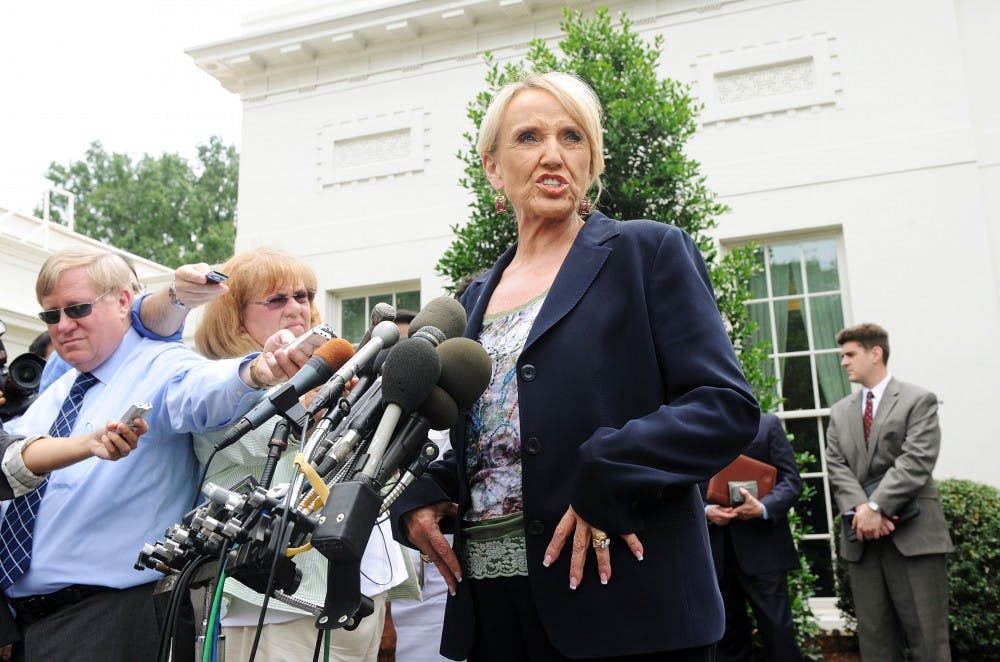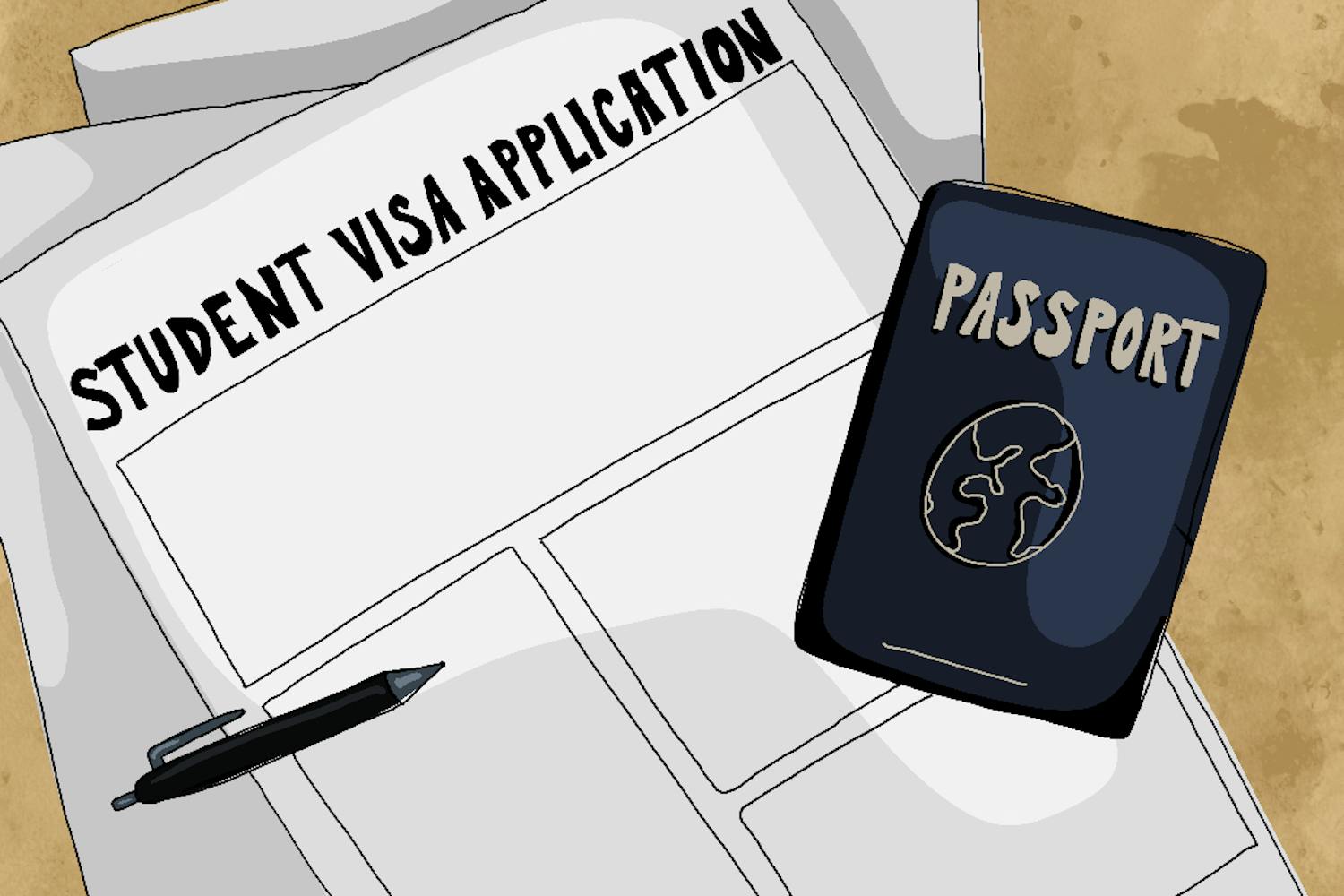The U.S. Supreme Court rejected Arizona’s bid to deny Deferred Action for Childhood Arrivals recipients drivers licenses March 19, the latest judicial affirmation of the besieged DACA program.
The Supreme Court said in February it wouldn't follow President Donald Trump's request to hear a case on DACA before the appeals process took place, softening the original March 5 deadline for the program.
Read more: DACA community feels some relief after court decision, vows to keep fighting
The bid to bar undocumented individuals from getting licenses originates from previous Arizona Republican Governor Jan Brewer, who took a strong anti-DACA stance during her time in office.
Jocelyn Lopez, a medical studies freshman and DACA recipient, said a having driver's license eases her fear of getting pulled over. She said that in the case she gets pulled over without proper identification, a police officer could easily start the process of deportation.
Lopez said a license also makes it possible for her to get a job because applications usually ask for a driver’s license number and social security number.
Ruby Rivera Perez, an applied biological science senior and member of Undocumented Students for Education Equity, said that without a license it’s hard to do something as simple as going to see a rated-R movie or buy alcohol.
Prior to getting a license Perez drove to school without a license out of necessity. She lived in constant fear of getting pulled over.
"It's very scary because you think 'this could be the day'," she said.
Now that she has a license, she feels safer.
“I can get to work, drive to school legally, you feel free, you feel like you can do things with out being at risk," Rivera said.
David Wells, a political science professor, said the ability for DACA recipients to drive legally is important considering that our public transportation system is not “ideal” and no matter what “people have to get places.”
Although this may be a win for DACA recipients Wells said this “doesn’t have anything to do with the future of DACA” and that there is still no solution in sight for the bigger problem.
Wells said the future of DACA is still in the courts.
“There’s two district court judges who have put an injunction against stopping DACA and that’ll go to the appeals court process and then it’ll still go to the Supreme Court, it’s just going to take at least a year.”
Reach the reporter at ajmistry@asu.edu or follow @jay_mistry52 on Twitter.
Like The State Press on Facebook and follow @statepress on Twitter.




